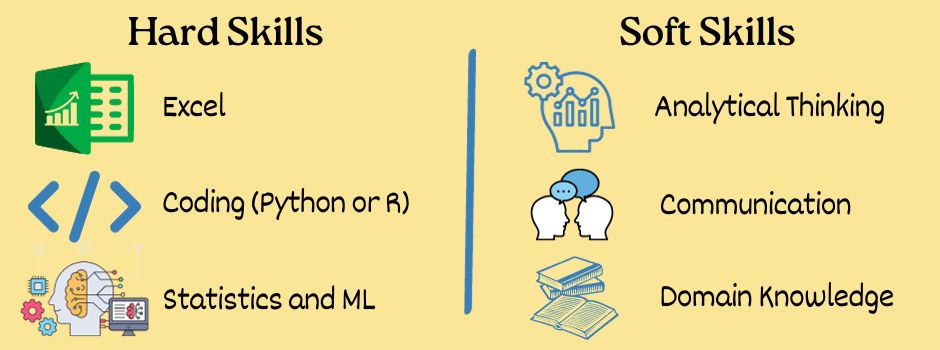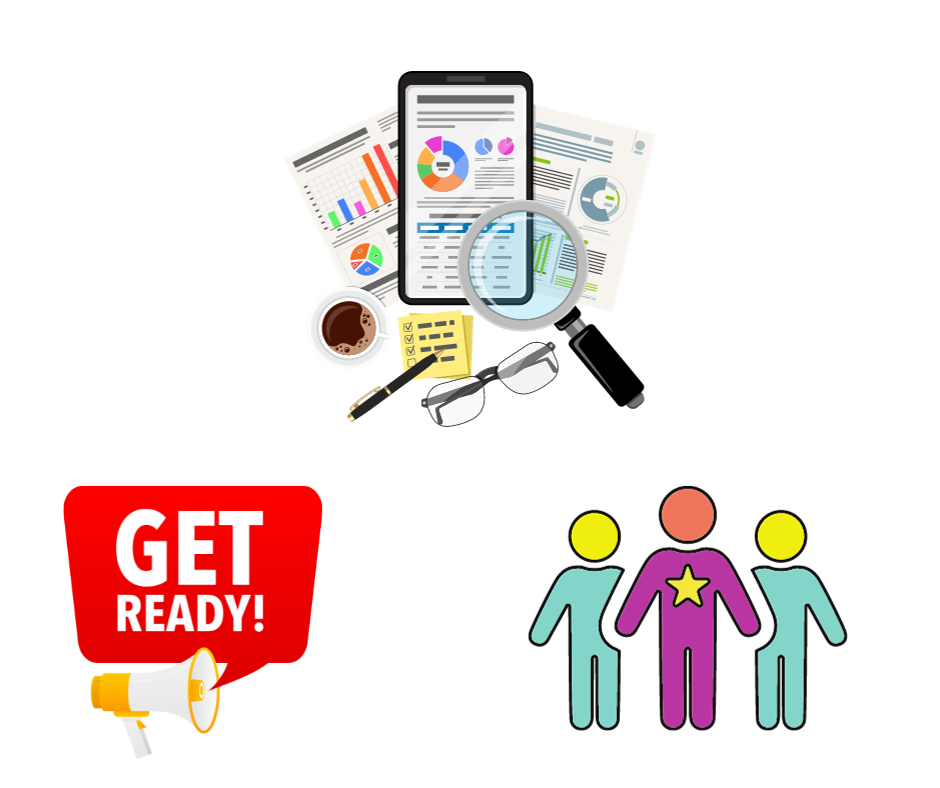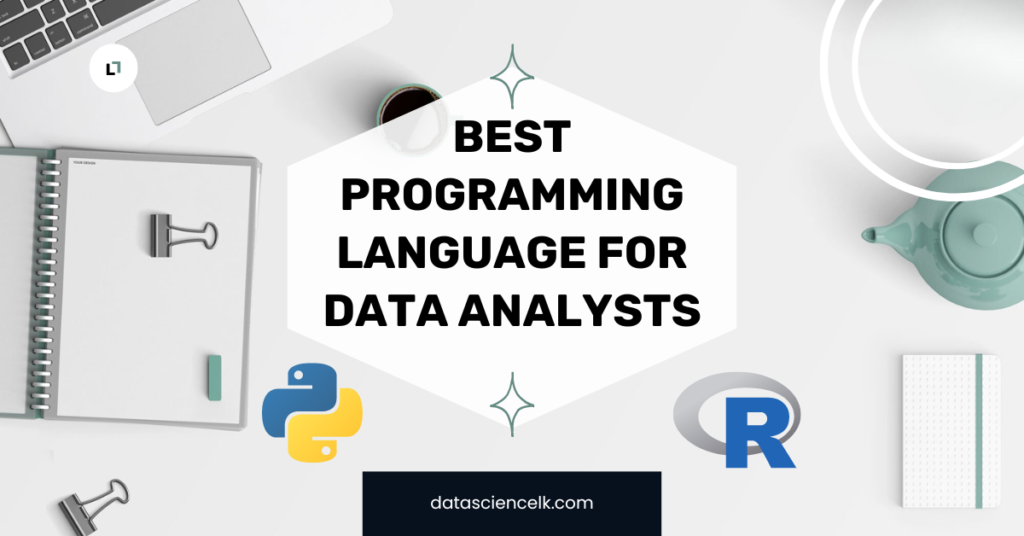Introduction
Are you interested in pursuing a career as a data analyst in Canada?
Look no further! In this article, I will share my personal experience of landing a job as a data analyst at a leading bank in Canada.
I will discuss three main factors that played a crucial role in my success: optimizing my resume, sharpening my skills, and preparing for interviews. By following these guidelines, you too can increase your chances of securing a data analyst position in Canada.
1. Resume and Project Portfolio

The first step in your job search is to create a compelling resume that stands out to potential employers.
In Canada, it is essential to follow the Canadian-style resume format. This format typically includes your contact information, a professional summary, work experience, education, and relevant certifications or training.
Paper size should be “letter” and do not include any fancy fonts or images in the Resume. A font like “Times New Roman” or “Calibri” would do the job. It is not essential to include your age, marital status, or ethnicity in the Resume.

Optimizing Your Resume to be ATS Ready
In today’s digital age, many companies utilize Automated Tracking Systems (ATS) to streamline the initial resume screening process. To increase your chances of getting shortlisted, it is essential to tailor your resume to align with the job description and incorporate relevant keywords.

An ATS scans resumes for specific keywords and phrases to identify qualified candidates. By tailoring your resume to include these keywords, you increase the likelihood of passing the initial screening. Carefully review the job description and identify the key skills, qualifications, and experiences the employer is seeking. Then, incorporate these keywords organically throughout your resume, particularly in the skills section, work experience descriptions, and summary. Luckily, there are tools that scan your resume and tell you how well it fits the job description. Jobscan (https://www.jobscan.co/) , Resume Worded (https://resumeworded.com/) and Enhancv (https://enhancv.com/) are some effective ATS tools that you can leverage to optimize the resume.

To make your resume more effective, tailor it to the specific job description you’re applying for. Highlight your skills and experiences that align with the requirements of the data analyst role. Use quantifiable performance metrics to demonstrate your achievements and the impact you made in your previous roles. For example, mention how you improved data accuracy by a certain percentage or how you streamlined data processes, resulting in time and cost savings.
In addition to your resume, it is crucial to have a project portfolio that showcases your data analysis skills. Create a personal website where you can showcase your projects. Or you can use GitHub pages, or LinkedIn for this. Each project should include a description of the business problem you solved, the tools and techniques you used, and the final outcome. If possible, try to include quantifiable metrics. This will demonstrate your ability to apply your skills to real-world scenarios and provide evidence of your proficiency as a data analyst. If you want a guideline for a portfolio website, you can visit my personal portfolio on https://ravinduab.com/
Additionally, including a well-crafted cover letter can greatly enhance your application. While not all employers require a cover letter, it is an excellent opportunity to showcase your enthusiasm, passion, and suitability for the role. Use the cover letter to highlight your relevant experiences, skills, and achievements that align with the job requirements. A personalized and compelling cover letter demonstrates your attention to detail and dedication to the position, setting you apart from other candidates.

2. Sharpening the Skills
As a data analyst, having a strong set of skills is essential. There are both hard skills and soft skills that you should focus on developing.
Hard Skills:
- MS Excel Proficiency: Excel is a foundational tool for data analysis. Ensure that you have a strong command of lookup functions, pivot tables, macros, and other advanced features. This will allow you to manipulate and analyze data efficiently.
- Coding Skills: Python is widely used in the data analysis field. Familiarize yourself with Python libraries such as Pandas, NumPy, and Matplotlib. Most importantly, master the Pandas library, which provides efficient data cleaning and manipulation techniques. This will enhance your ability to handle large datasets and extract meaningful insights. Additionally, having knowledge of SQL for database querying and manipulation is highly valuable.
- Statistics and ML: Statistics play a pivotal role in the skill set of a data analyst. Proficiency in interpreting Descriptive Analytics and the understanding of concepts such as Hypothesis Testing, Regression Analysis, Time Series Analysis and Sampling methods is a must for a Data Analyst. In addition to that, understanding machine learning algorithms and techniques will set you apart from other candidates. Learn about supervised and unsupervised learning, regression, classification, and clustering algorithms.
Soft Skills:
- Analytical Thinking: Data analysts need to be able to analyze complex datasets and draw meaningful insights. Develop your ability to think critically and solve problems using data-driven approaches.
- Effective Communication: Practice presenting complex information in a clear and concise manner. This is also referred to as Story Telling. As Data Analysts, often we have to present and discuss our findings with non-technical audiences. Hence, being an effective communicator will always come in handy in your life as a Data Analyst. Seek feedback from mentors or colleagues to improve your communication skills.
- Domain Knowledge: Gain industry-specific knowledge by staying updated on industry trends, reading relevant publications, and participating in online forums or communities focused on your target industry. If there is a specific industry that you are passionate about, dig deeper into it and get yourself familiarized with it. Networking with professionals in the field can also provide valuable insights.

3. Getting Ready and Facing the Interview
Preparing for interviews requires careful planning and research. Here are some key tips to help you excel in your data analyst interviews:

- Research the Company: Thoroughly understand the company’s business model, products or services, and recent news or developments. Make sense of the comapny’s vision and mission. This knowledge will enable you to align your answers during the interview to demonstrate your understanding of the company and how your skills can contribute to their success.
- Prepare ahead for Possible Questions: Anticipate common interview questions and prepare specific examples from your past experiences that highlight your skills and achievements. For instance, one time they asked me about a time when I solved a complex data analysis problem, I shared a detailed example of how I approached the problem, the steps I took, and the outcome I achieved. Then they questioned me about a scenario where I had done an analysis but the expectation of the senior management was completely different and how would I handle such feedback. Scenario questions like these are highly possible and if answered properly, they would elevate your chances of success by a very high margin.
- Showcase Your Unique Qualities: Differentiate yourself from other candidates by highlighting your unique qualities and experiences. Share stories that demonstrate your problem-solving abilities, adaptability, and leadership skills. Emphasize your eagerness to learn and grow by expressing a willingness to acquire new skills and knowledge.
In the case of online interviews, the importance of body language and confident answers remains just as crucial. Let’s explore how these factors can influence the hiring manager, supported by scientific references.
Body Language in Online Interviews: Although online interviews eliminate face-to-face interaction, body language still plays a significant role in conveying your confidence and professionalism. Research has shown that non-verbal cues, such as facial expressions, gestures, and body posture, have a substantial impact on interpersonal communication, even in virtual settings.
Maintaining good posture, making eye contact with the camera, and having an open and engaged posture can project confidence and engagement during an online interview. Research suggests that maintaining eye contact, even through a screen, establishes a sense of connection and attentiveness. Avoiding distractions and ensuring that your surroundings are neat and professional further contribute to a positive impression.
Confident Answers in Online Interviews: Confidence in your answers during an online interview can greatly influence the hiring manager’s perception of your abilities. Scientific studies have consistently shown that individuals who express confidence in their speech are more likely to be perceived as competent and persuasive.
Virtual Presence and Engagement: In online interviews, it is crucial to actively engage with the interviewer and demonstrate your interest in the role and the company. Active engagement involves actively listening, nodding to show understanding, and responding appropriately to the interviewer’s cues.
Research indicates that active engagement and mutual responsiveness contribute to a sense of connection and rapport in virtual communication. By actively participating in the conversation and demonstrating your enthusiasm for the position, you can create a positive and engaging virtual presence.
Remember, half-baked answers will not leave a good impression. If you don’t know the answer to a question, be honest about it. Show your willingness to learn and adapt by expressing your eagerness to acquire new skills and knowledge.
Bonus Tip: Networking

Networking plays a crucial role in any job search. Connect with industry experts, peers working at reputed companies, and individuals who share your professional interests. LinkedIn, Twitter, and professional societies are great platforms for building your network. Attend industry events, conferences, and meetups to establish relationships with like-minded professionals. These connections can provide valuable insights, job opportunities, and recommendations.
Conclusion
Securing a job as a data analyst not only in Canada but wherever in the world requires a combination of a well-crafted resume, a strong project portfolio, and honed skills. By following the guidelines outlined in this article and putting in the necessary effort, you can increase your chances of landing your dream job. Remember to stay confident, do your homework, and showcase your unique qualities during interviews. And don’t underestimate the power of networking; it can open doors to exciting opportunities.
Good luck with your job search as a data analyst in Canada!


